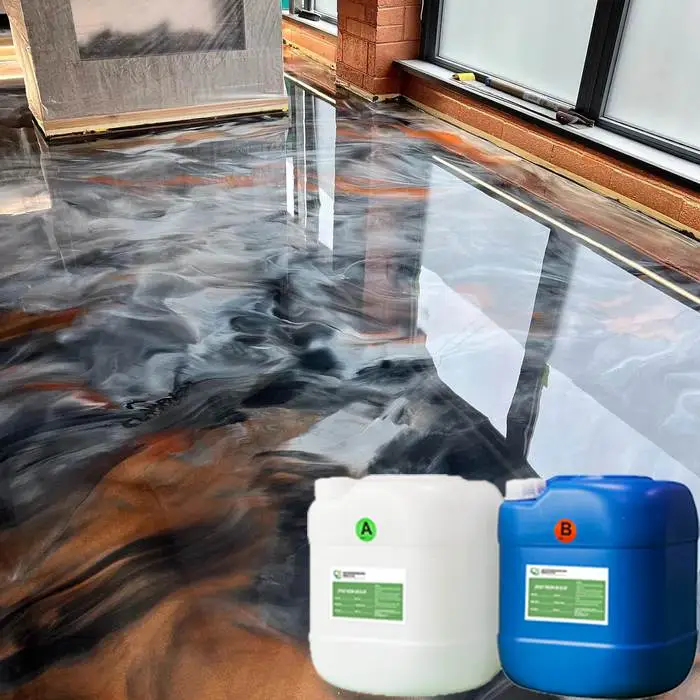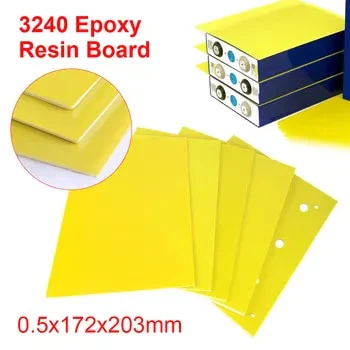Phenolic Cotton Sheets: Best Applications in Manufacturing
2025-08-27 16:36:20
Phenolic cotton sheets are versatile materials that have found widespread use in various manufacturing applications. These composite materials, created by impregnating cotton cloth with phenolic resin and curing under heat and pressure, offer a unique combination of properties that make them indispensable in industrial settings. From electrical insulation to mechanical components, phenolic cotton sheets provide exceptional strength, durability, and resistance to heat and chemicals. This article explores the best applications of phenolic cotton sheets in manufacturing, highlighting their key features and benefits that make them a preferred choice for engineers and manufacturers across diverse industries.
What Makes Phenolic Cotton Sheets Suitable for Industrial Use?
Exceptional Electrical Properties
Phenolic cotton sheets boast remarkable electrical insulation capabilities, making them ideal for use in electrical and electronic applications. Their high dielectric strength ensures effective insulation against electrical current, reducing the risk of short circuits and electrical failures. This property is particularly valuable in the manufacturing of switchgear, transformers, and other electrical equipment where reliable insulation is crucial.
Thermal Stability and Heat Resistance
The ability to withstand high temperatures is a hallmark of phenolic cotton sheets. Their thermal stability allows them to maintain their structural integrity and mechanical properties even when exposed to elevated temperatures. This heat resistance makes them suitable for applications in environments where other materials might degrade or fail, such as in automotive and aerospace industries.
Chemical Resistance and Durability
Phenolic cotton sheets exhibit excellent resistance to a wide range of chemicals, including oils, solvents, and corrosive substances. This chemical inertness ensures longevity and reliability in harsh industrial environments. The durability of these sheets translates to reduced maintenance requirements and extended service life for components and equipment manufactured using this material.

Mechanical Strength and Wear Resistance in Manufacturing
High Tensile and Compressive Strength
Phenolic cotton sheets are highly valued for their impressive mechanical strength, offering both high tensile and compressive resistance that surpasses many comparable industrial materials. This robustness allows manufacturers to design and produce components capable of withstanding substantial loads, vibrations, and stresses in demanding applications. Heavy machinery, structural frameworks, and industrial equipment benefit significantly from these qualities, as the material maintains its integrity even under continuous operational strain. The ability to support heavy-duty usage without deformation makes it a trusted choice in manufacturing.
Excellent Dimensional Stability
A major advantage of phenolic cotton sheets lies in their outstanding dimensional stability, which ensures reliable performance under fluctuating environmental conditions. Unlike some materials that expand or warp with temperature and humidity changes, phenolic cotton maintains its original shape and size with remarkable accuracy. This stability is essential when producing precision-engineered components that require exact tolerances for proper function. Manufacturers rely on this consistency to minimize errors, enhance efficiency, and extend the service life of complex assemblies used in advanced industrial applications.
Superior Wear Resistance
Phenolic cotton sheets also deliver superior resistance to wear, making them especially suited for applications involving constant motion, friction, or abrasion. Their inherent toughness allows components such as gears, bearings, and bushings to operate smoothly and reliably over long service periods. The reduced friction coefficient minimizes energy loss and helps lower lubrication requirements, further improving efficiency. This wear resistance extends the lifespan of parts, reduces the frequency of replacements, and minimizes downtime, resulting in substantial cost savings for industries reliant on durable mechanical components.
Common Applications of Phenolic Cotton Sheets in Machinery
Electrical Insulation Components
Phenolic cotton sheets are widely utilized in the electrical industry for producing a variety of insulation components that ensure safety and reliability. Typical applications include terminal boards, switch panels, insulating barriers, and transformer parts, where both mechanical strength and electrical insulation are essential. The material’s high dielectric strength prevents current leakage, while its durability guarantees long-term stability even under heat and stress. By combining toughness with excellent insulating capability, phenolic cotton sheets provide cost-effective and dependable solutions for electrical systems operating in demanding conditions.
Mechanical Parts and Bearings
Due to their mechanical strength and exceptional wear resistance, phenolic cotton sheets are commonly used for manufacturing gears, bearings, bushings, and other precision parts. These components perform well in high-load and high-friction environments where durability is critical. The material’s naturally low friction coefficient enhances efficiency in moving parts by reducing wear and energy loss. Additionally, phenolic cotton components operate quietly, require minimal lubrication, and extend the service life of machinery. These benefits make them indispensable in industries that prioritize reliability and reduced maintenance costs.
Structural Components in Aerospace and Automotive Industries
In aerospace and automotive applications, phenolic cotton sheets serve as lightweight yet durable structural materials. They are often used in interior panels, flooring systems, insulation layers, and vibration-dampening components. Their fire-resistant properties contribute to safety compliance, while their ability to absorb shock and resist impact ensures reliable performance under harsh operating conditions. Engineers value phenolic cotton sheets for their balance of strength, machinability, and thermal resistance, making them ideal for safety-critical designs where weight reduction and structural integrity are equally important performance factors.
Conclusion
Phenolic cotton sheets have proven to be invaluable materials in various manufacturing applications. Their unique combination of electrical insulation, mechanical strength, and chemical resistance makes them suitable for a wide range of industrial uses. From electrical components to mechanical parts and structural elements, these versatile sheets continue to play a crucial role in advancing manufacturing capabilities across industries. As technology evolves, the applications for phenolic cotton sheets are likely to expand, further cementing their importance in the manufacturing sector.
Contact Us
To learn more about our high-quality phenolic cotton sheets and how they can benefit your manufacturing processes, contact us at info@jhd-material.com. Our team of experts is ready to assist you in finding the perfect solution for your industrial needs.
References
1. Johnson, R. M. (2019). Advanced Composites in Manufacturing: A Comprehensive Guide. Industrial Press.
2. Smith, A. L., & Brown, T. K. (2020). Electrical Insulation Materials: Properties and Applications. IEEE Press.
3. Zhang, Y., & Liu, X. (2018). Phenolic Resins in Modern Industry: Synthesis, Properties, and Applications. Springer.
4. Thompson, E. J. (2021). Mechanical Engineering Materials: Selection and Applications. CRC Press.
5. Wilson, D. R., & Harris, P. L. (2017). Aerospace Materials and Manufacturing Processes. Elsevier.
6. Chen, H., & Wang, L. (2022). Sustainable Materials in Manufacturing: Trends and Innovations. Wiley-VCH.

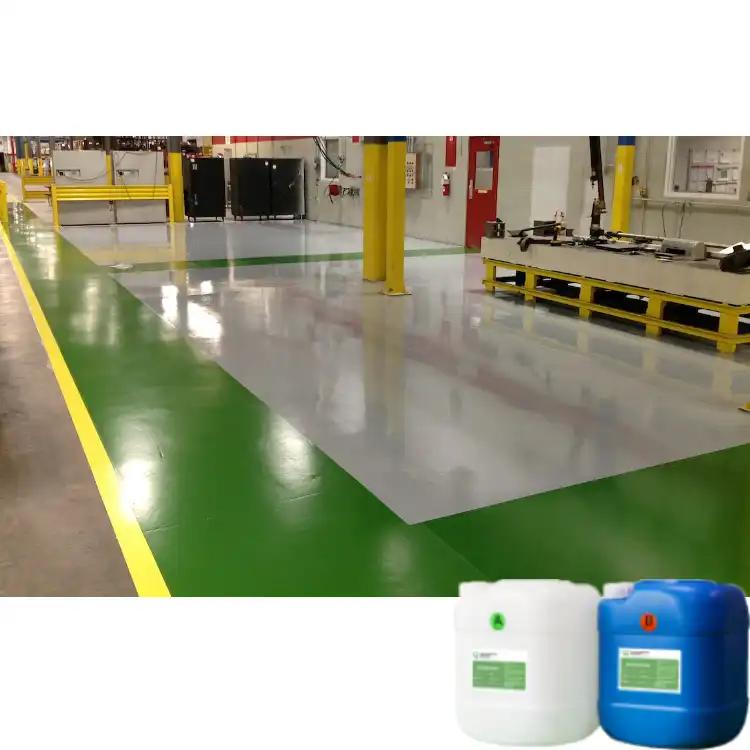
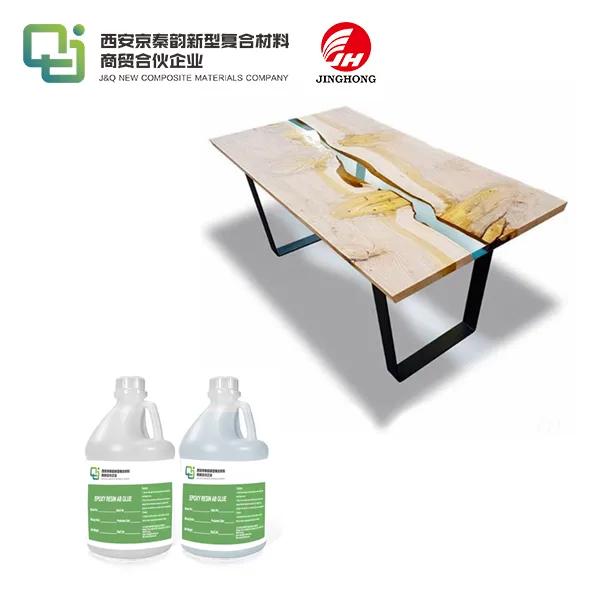
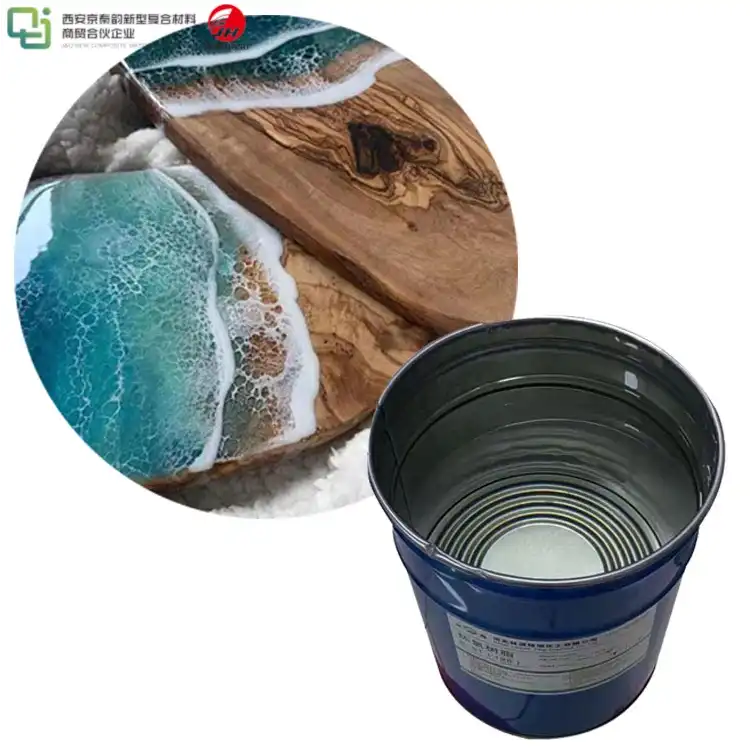
 拷贝.webp)
